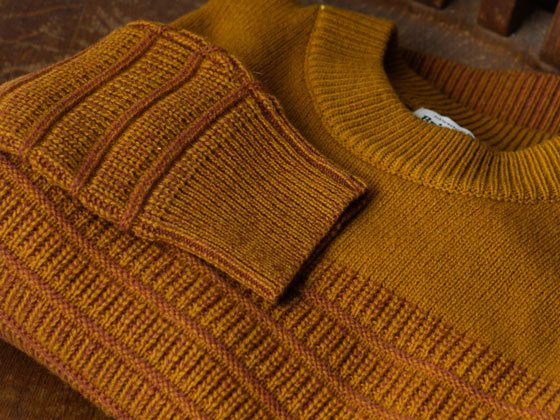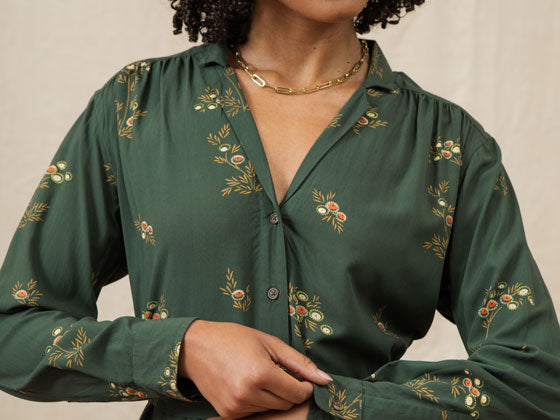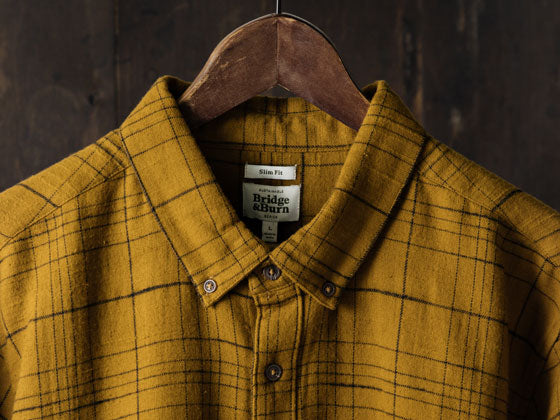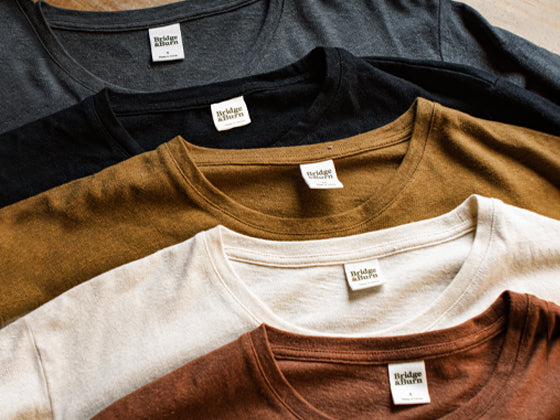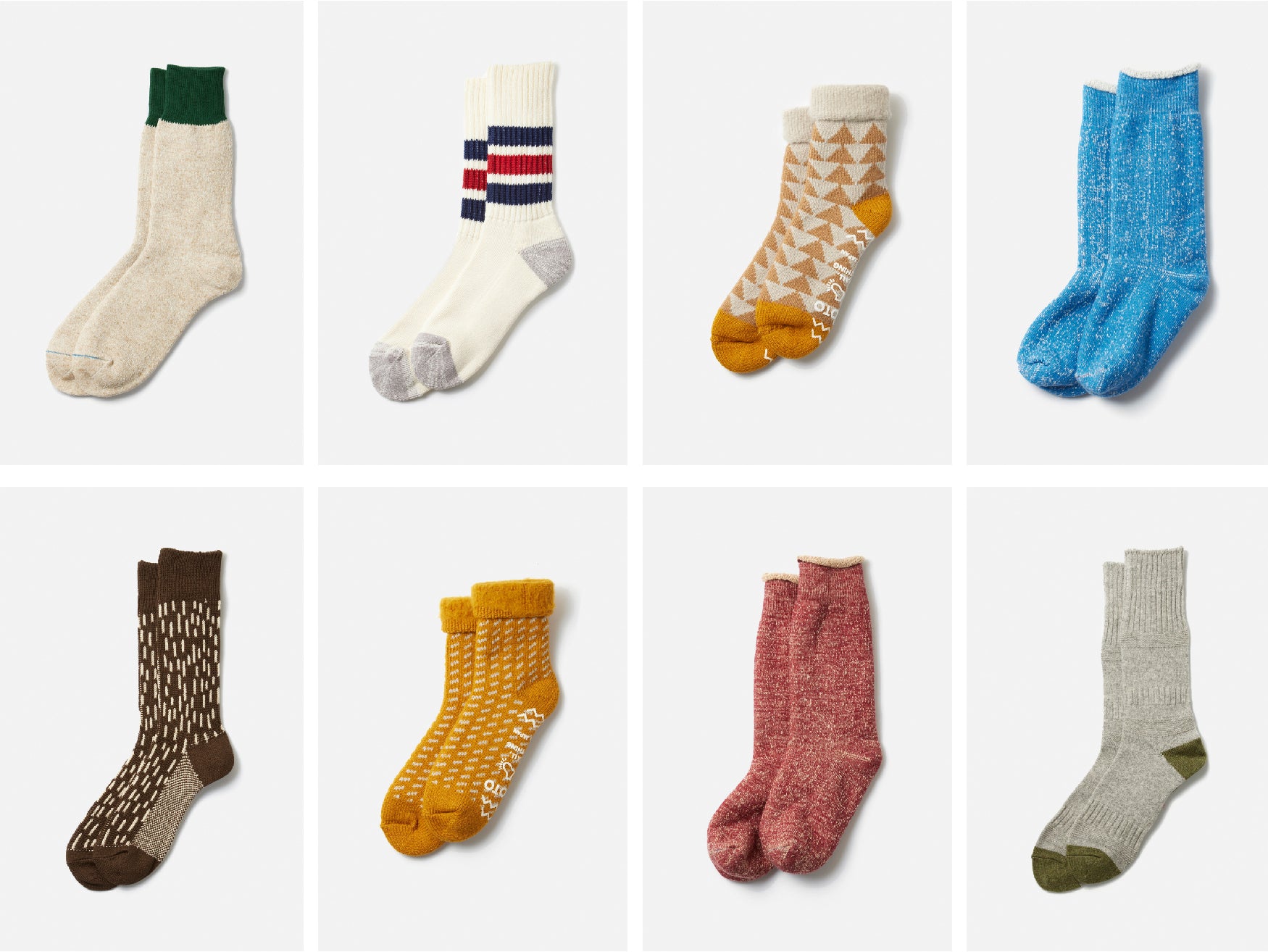Bridge Burners Vol. 14 - Michael Paratore / Mohinders
Creating Bridge & Burn required a leap of faith. Founder Erik Prowell quit his job as a software developer, lit the proverbial match, and threw it—burning the bridge of working for anyone else behind him. With no formal training, he trusted his smarts and his strong work ethic, and took the plunge. In that spirit, Bridge Burners is a series showcasing people who are taking a similar leap.

Imagine a quadrant broken into four parts.
In the upper left you see the word “learning”. Below that “dreaming”. In the upper right you see “playing” and below that “working”.

At any given point in our week, we find ourselves occupying these spaces. Sometimes we are immersed in a book only to fall further down a literary rabbit hole of discovery and exploration, while other times we’re inspired by those words, using them to guide us in the creation of new designs, music, or photographs. Then there are moments of recharging; the only activity in our body is the snapping neurons as we slide out of reality into a fanciful dream.
However much time we engage in learning, playing, and dreaming, without a doubt most of us spend at least 40 hours a week trapped in that dreaded lower right corner — working — because our social construct demands it.
But Michael Paratore, CEO and Founder of Mohinders Shoes, wondered if he could eliminate the grim work section from the quadrant altogether, and still get a paycheck.

In the early 2010s, Michael had returned from a trip with his wife from India, where at a market in Mumbai he purchased a pair of hand-crafted slippers, a traditional woven leather slide, made in the same region as Kolhapuri chappals. Classy enough to wear with pants and casual enough to pair with shorts, they were the perfect, easy shoe. Aside from their comfort and convenience, they were getting loads of attention back in San Francisco. First a compliment from a stranger on the street, then a group of women on the sidewalk caught staring. As soon as Michael became aware of others’ reactions to his souvenir slip-ons, it was impossible to ignore. Like many of us, throughout his life he had been plagued with seemingly good idea after good idea, but rarely did he see them to fruition.
Almost two years into a job as a corporate lawyer at Orrick, Herrington & Sutcliffe LLP, Michael regularly found himself floating in that dreaming zone, this thought on repeat: “What if I quit my job and start a company?”
Mentioning it to his wife, Michelle, who was concluding a degree in business, the idea of founding a shoe company, without any experience, was not met with a brush-off or laughter but incredible encouragement.
Michael says, “Michelle was returning to a fulltime job, and we were living in an in-law apartment at her parent’s house, so our cost of living was low—the timing seemed perfect.”
While slogging through another workday, Michael tried to figure out how this idea could turn into a reality. In a stream of consciousness, he free-wrote anything and everything that came to mind. The word Mohinder stuck in his head, so he scribbled it across the top of a blank page.
“‘Mohinder’ is actually the name of a character on the TV show Heroes that I had been watching. It had nothing to do with shoes, but the word felt right, so I wrote it down as the company name.”

The idea of “pursuing what felt right” was a philosophy that became crucial for Michael and the success of Mohinders. “I used to be so carefree, but as I got older, I thought I had to act a certain way as an adult. But I wanted to be able to trust my gut, again.”
Michael enthusiastically tells me about his first job after college as a marketing intern for Ducati Motor Holdings in Italy. “I knew nothing about the company or motorcycles before I started, but I was committed to living somewhere in Europe,” he says. “It’s always been that way for me. If I know too much about something beforehand the excitement is lost. I thrive when I jump in with both feet.”
After a successful stint at Ducati, Michael carried on to work for a start-up car company and then as a videographer for a production company. “But while I was doing this everyone I knew back in the States was working a real job. I thought it was time I got serious and grew up.”
“Serious” for Michael meant leaving behind the wild days of off-the-wall jobs and bouncing around Europe to learn a hard skill in the States, enroll in law school, followed by a position at a top law firm.
“It was engrained in my head that work wasn’t supposed to be fun,” he says.
Sacrificing the dreaming, learning, and playing of his past, Michael focused his energy on work, without any interplay. As a lawyer for start-up businesses, he was well-respected by friends and family, as he imagined he would be, but he found himself more captivated by what his clients were doing rather than what he was offering them.
“Graduating law school and getting hired at a top firm in the country was exactly what I needed to do because it gave me the confidence to venture out on my own,” Michael says, with conviction. “But after a year and a half at the firm, I was already thinking of ways to leave.”

Hatching a plan to start his own company and having a prototype of the shoe in hand, Michael still had one major problem. He had no idea where the woven slides he bought at that market in Mumbai were actually made. But this was the moment he had been waiting for – a quest with no plan except to buy a plane ticket to India. He was finally able to jump in with both feet, and he did not look back.
The only advice he received before leaving came from friends, both of Indian descent. They told Michael that the style of braided-leather shoes were handmade by artisans, so it was important to connect with local communities to find his answer.
“It’s unbelievable that you can do something like this as work. The concept of traveling to India to go on this incredible mission was too exciting to pass up.”
But the trip was not without its obstacles. Talking to street vendors who sold similar shoes, Michael would get hot tips on where the shoes might be manufactured or who might have the definitive answer. Although he was always met with great enthusiasm and a genuine willingness to help him on his quest, those leads were usually dead ends. But then he visited Kolhapur, almost 12 hours by train from Mumbai. Greeted by artisans with the same fervor to help, Michael met one particular shoe artisan who hinted that he might know where the Kolhapuri chappals artisans lived. Tired and losing hope, Michael knew he had not come this far to quit.

Fortuitously, this last tip brought Michael face-to-face with exactly who he had been searching for. He soon learned that a Bangalore-based non-profit cooperative was working with the artisans to improve their workflow and help them better manage their finances so they could break free from a cycle of poverty.
Michael says he’s most proud that he could take a shoe that he found at a market and turn that into a product a customer wanted, while continuing to uphold a standard of ethical sourcing for the leather and fair pay for the artisans. In short, everyone wins.
But with any business, there were ups and downs.
“My first order was for 120 pairs, and when I got home I sold most of them in advance to friends and family.” Michael tells me that the order was supposed to take a few weeks, but after four months of emailing back and forth, he still hadn’t received the product. “I knew I had to go back and straighten it out in person.”
Following a 30-hour trip, including flights, trains, and busses; Michael discovered what the problem was—in a word, pride.
The price of leather he was quoted had changed due to inflation, but instead of asking for funding to cover the difference—and request possibly sounding devious—the artisans and cooperative decided it would be better to wait for the cost to fall back to the original-quoted price. It took a trip all the way back, but getting to the true cause of the delay—in person—built trust and clarity on both sides of this working relationship.

Although there was a learning curve to doing business, over time the artisans and the head of the cooperative were encouraged by the relationship, happy to tweak the product to ensure consistency and quality.
“The inner lining was rough around edges because of the hand tanning so it needed to be refined for comfort, and the original outer soles were leather, which was a little slippery to walk on, so we added a rubber sole,” Michael says, laughing at himself, “plus I did fall a few times.”
Michael is well aware that most business advice goes against his slapdash approach of venturing out on a wild quest in order to start a company. He should’ve tested the product on a larger audience, he should’ve conducted market research, he should’ve whatever.
“But something about it felt right,” he says. “I wasn’t trying to solve a pain point. That’s a hollow approach for me, not to say it’s not good advice; I just don’t work like that.”

Although he jumped in with both feet, his understanding of basic business skills and analytical thinking was flawless. “I knew ahead of time what my manufacturing costs and margins needed to be to make this business work,” he says, “Mohinders was set up that if we were able to create the demand, then everything would be okay.”
“People always say pursue what excites you, and a lot of the time it seems like all talk,” he continues. “Having a business is hard to internalize if you’ve never done it, but once it’s real, you realize what you’re capable of. My advice to anyone thinking about forging their own path is that you don’t have to do something you don’t like or follow what society says is the right thing to do.”
From the start, Michael Paratore has made choices that felt right, concentrating on dreaming, learning, and playing. This sits at the center of his business philosophy and the Mohinders brand, which makes the work seem, well, not like work.
Dream. Learn. Play. Repeat.
Words by Craig Buchner



